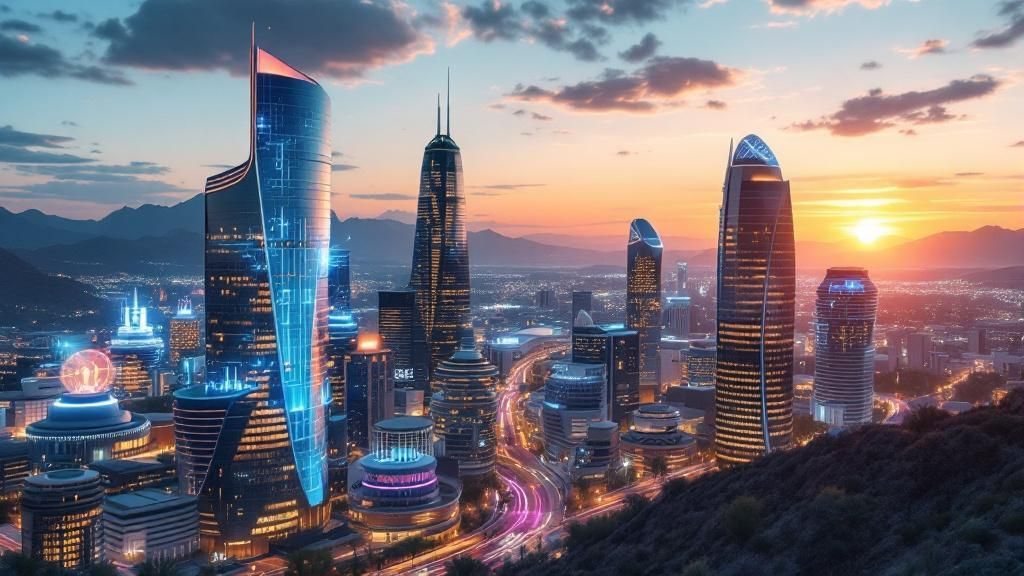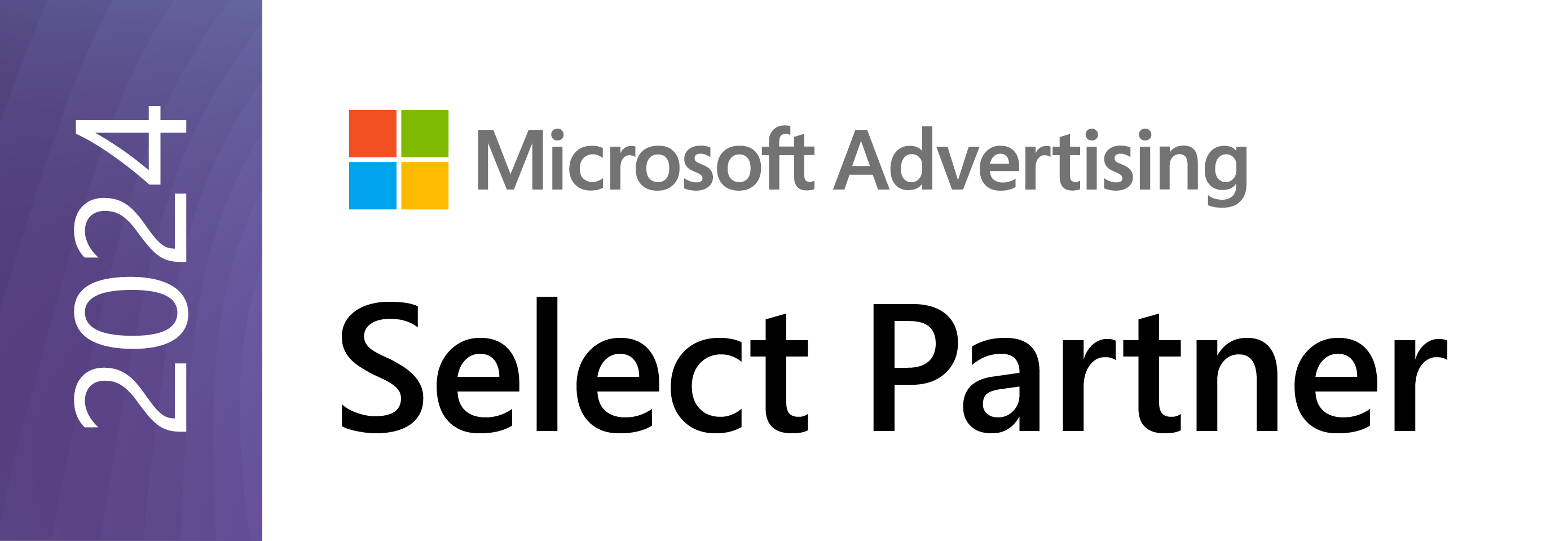
Ecommerce Web Design Trends Shaping Tucson’s Digital Future
Key Takeaways
-
E-commerce is expected to account for 25% of all retail sales by 2027, creating new demands for Tucson-based businesses.
-
Social commerce is projected to grow at a 30% CAGR through 2030, making social media integration vital.
-
Features like AR previews, AI chatbots, and gamified experiences are transforming user experience in web design.
-
Local businesses are investing in custom e-commerce platforms and fulfillment solutions to meet consumer expectations.
-
Partnering with experienced agencies helps Tucson companies adopt cutting-edge web technologies without compromising performance or budget.
Tucson’s web design landscape has changed dramatically in recent years. As of 2025, consumers are spending more online than ever before, with e-commerce sales accounting for over 19% of all retail purchases in Q3 2023. That number is projected to hit 25% by 2027, underscoring a massive shift in buyer behavior.
To meet growing expectations, Tucson businesses are turning to innovative web design strategies that prioritize both functionality and user experience. From mobile optimization to real-time customer service, staying ahead requires more than just having a website—it demands a fully optimized, interactive online storefront.
Why Ecommerce Features Matter More Than Ever
As the global e-commerce market heads toward a projected $6.3 trillion in value by 2025, local businesses in Tucson are seeing the ripple effect. Customers now expect seamless digital experiences, fast delivery, and personalized service.
Emerging features such as:
-
AI-powered chatbots for real-time support
-
AR product previews that help users visualize purchases
-
Immersive scrolling and animations for better storytelling
…are no longer futuristic—they’re fast becoming industry standards.
Tucson web developers are also integrating payment flexibility, loyalty programs, and customer account tools that help build stronger brand relationships.
Social Commerce and Mobile Integration
The explosive growth of social commerce, expected to grow at a 30% compound annual rate through 2030, is fueling a new wave of integrated e-commerce design. Platforms like Instagram and TikTok are no longer just for brand awareness—they’re now direct sales channels.
Meanwhile, over 55% of shoppers are willing to pay extra for same-day delivery, increasing the importance of streamlined checkout processes and mobile-friendly interfaces. With mobile users driving the majority of online traffic, Tucson businesses must design with mobile-first functionality in mind.
Local Market Impact: Tucson’s Digital Shift
E-commerce isn’t just changing how people shop—it’s changing how local markets operate. In Tucson:
-
The demand for commercial real estate is shifting due to increased warehousing needs
-
Logistics networks are expanding to support fast local deliveries
-
Small businesses are gaining visibility by moving online and reaching broader audiences
This transformation is pushing businesses to adopt tools that enhance both visibility and conversion—think SEO-optimized product pages, integrated review systems, and smart inventory tracking.
Strategic Web Features for Tucson Businesses
To keep up with the pace of innovation, Tucson businesses are embracing advanced web features. These include:
Personalized Content
Dynamic product suggestions based on past behavior, location, or interests drive higher engagement and conversions.
Gamified UX
Interactive quizzes, badges, and reward programs encourage deeper engagement. Tools like Smile.io and LoyaltyLion are popular among e-commerce websites looking to improve retention.
AR and VR Experiences
Retailers are using AR tools to allow shoppers to preview furniture, apparel, or accessories in real-life settings before buying.
Compliance and Security Integrations
Websites now integrate KYC (Know Your Customer) and AML (Anti-Money Laundering) systems for secure, trusted transactions.
Choosing the Right Platform and Partners
When building a modern e-commerce site, platform selection plays a critical role. Tucson developers often recommend:
-
Shopify for its simplicity and app ecosystem
-
WooCommerce for WordPress users who need more customization
-
Magento or BigCommerce for larger-scale needs with complex SKUs
These platforms offer scalable, flexible infrastructure and allow easy integration of emerging tools and trends.
Tucson-based companies looking to build or upgrade their online stores can benefit from working with web design agencies that specialize in custom e-commerce solutions. Agencies like CS Design Studio bring a mix of design expertise, conversion strategy, and local insight to help businesses grow online.
Looking Ahead: Web Design and Ecommerce in 2025
The next few years will usher in more personalization, more automation, and more immersive experiences:
-
AI Chatbots will evolve into fully conversational assistants
-
Immersive visual storytelling will become core to homepages and product pages
-
Voice-enabled commerce may take off as smart speaker adoption increases
-
Web3 and decentralized marketplaces could open new revenue channels for early adopters
With constant innovation on the horizon, businesses that adopt these trends early will gain the edge. Partnering with experienced designers and developers ensures your website doesn’t just look great—it performs well, drives conversions, and keeps customers coming back.
Final Thoughts
E-commerce continues to shape the digital future of Tucson. From intelligent design choices to next-gen integrations, today’s websites must do more than function—they must engage, convert, and adapt.
Whether you’re launching a new product line or scaling an existing store, finding the right web partner is key. Agencies like CS Design Studio help businesses implement smart, forward-thinking solutions that are built to grow with your goals.
FAQs
What is social commerce and why does it matter?
Social commerce integrates shopping into social media platforms like Instagram, TikTok, and Facebook. It matters because it meets users where they already are and drives impulse purchasing.
How does augmented reality help with e-commerce?
AR allows customers to visualize products—like trying on glasses or placing a couch in their living room—before buying, improving satisfaction and reducing returns.
Are AI chatbots effective for small businesses?
Yes. Even basic AI chatbots can handle FAQs and reduce bounce rates by providing immediate assistance, especially for small teams.
Is mobile optimization still a big deal?
Absolutely. With over 70% of users browsing on mobile, responsive design and fast mobile checkout are essential.
Do I need a custom website or can I use a template?
Templates work for some, but custom websites are ideal for businesses needing brand-specific features, integrations, or performance optimization.





